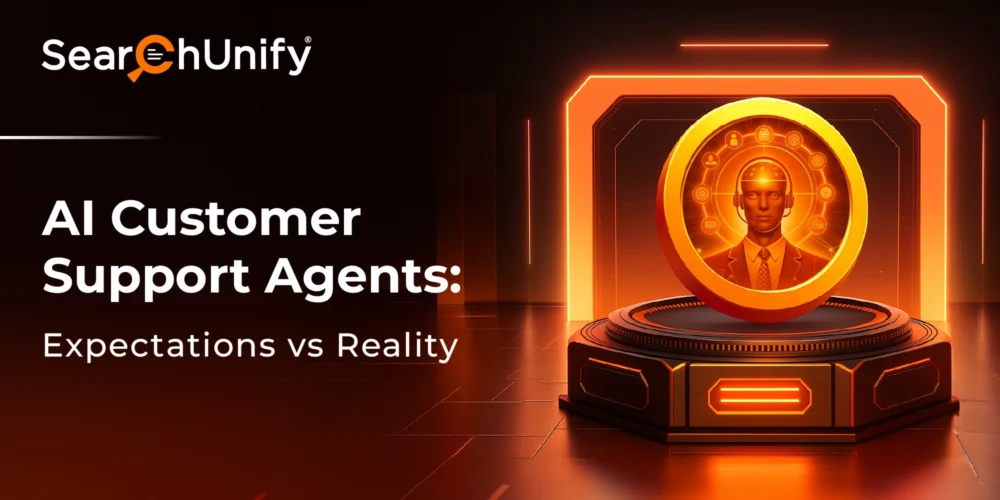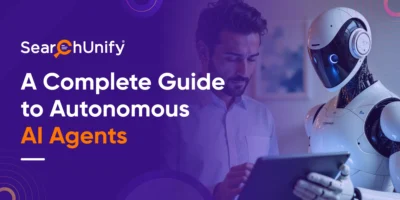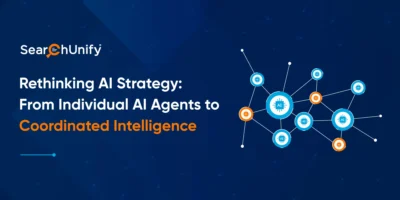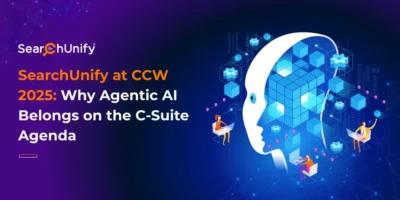
AI customer support agents have become a buzzword in the customer experience world. These intelligent digital workers promise to streamline operations, reduce wait times, and improve customer satisfaction. But how well do they live up to these lofty expectations?
With enterprises investing heavily in automation and intelligent technologies, it’s essential to separate hype from actual performance. This article explores the gap between what AI customer support agents promise and what they actually deliver—while also providing guidance on how organizations can bridge that gap effectively.
What Are AI Customer Support Agents?
At their core, AI customer support agents are digital systems designed to perform specific support-related tasks with autonomy. Powered by large language models (LLMs), natural language understanding (NLU), and planning capabilities, these agents aim to deliver consistent, real-time service across multiple channels.
Unlike basic chatbots, AI customer support agents are expected to plan, reason, and act within a customer’s context. They can escalate tickets, provide knowledge-based answers, route issues based on priority, and even generate summaries for human agents. In short, they are designed to augment and sometimes even replace tier-1 support.
SearchUnify’s intelligent AI agents are built on an Agentic AI framework and are capable of reactive support, task specialization, and contextual engagement.
Expectation #1: Instant, Always-On Support
AI customer support agents are often portrayed as tireless employees—available 24/7, never needing breaks, and always ready with the right answer.
Reality: While AI agents can indeed handle high volumes and basic issues around the clock, their performance degrades when the input lacks clarity or context. Human-like understanding is still a work in progress, especially when customers present nuanced or emotionally charged problems.
In high-stakes industries like finance or healthcare, a slight misinterpretation of user input could lead to serious errors. That’s why many enterprises still combine AI customer support agents with live agent backup or hybrid AI-human models for critical interactions.
Expectation #2: End-to-End Resolution
Businesses expect AI customer support agents to autonomously resolve entire support cases, reducing the need for human intervention.
Reality: Only a narrow set of tasks can currently be executed entirely by AI agents. These include order tracking, password resets, and knowledge base lookups. For anything involving multiple steps, judgment, or empathy, the agent usually hands off to a human. As IBM points out, current AI agents can plan and execute with tools, but true autonomy is still aspirational.
Even in technically advanced organizations, AI customer support agents are often deployed alongside extensive training content and process rules. This ensures that their automation capabilities remain grounded in business logic and domain expertise.
Expectation #3: Human-Like Conversations
Marketing often depicts AI customer support agents as personable and emotionally intelligent.
Reality: While conversational UX has improved significantly, many users still find interactions with AI agents robotic. SearchUnify warns against “agent washing“—presenting simple bots as intelligent agents—which contributes to customer disappointment.
Achieving a truly empathetic, intuitive interaction with an AI agent requires both emotional intelligence training datasets and real-time feedback loops. Most companies are still building the infrastructure for such capabilities.
Thinking of scaling your AI agents smartly?
Speak to our experts →Where AI Customer Support Agents Shine
Despite the limitations, AI customer support agents are incredibly effective in specific areas:
- Speed & Consistency: They respond instantly and uniformly.
- Knowledge Retrieval: They fetch articles and FAQs from vast repositories.
- Task Specialization: They perform predefined tasks such as data lookups or generating summaries.
- Agent Assist: They support human agents with suggestions, next-best actions, and even draft replies.
SearchUnify’s case studies reveal how companies have automated up to 60% of tier-1 queries using task-specialized agents.
In fact, Knowbler by SearchUnify allows AI agents to dynamically retrieve knowledge and even create new content based on gaps identified during support sessions.
Bridging the Gap: Making AI Customer Support Agents Work
To align expectations with reality, leading organizations are:
- Investing in Feedback Loops: Training data is continuously updated.
- Layering AI with Human Oversight: Escalations and human-in-the-loop checkpoints ensure quality.
- Using Contextual Intelligence: SearchUnify’s Agentic Framework leverages contextual cues to tailor interactions.
- Focusing on Use Case Fit: Not every problem needs an agent. Choosing the right tasks for automation is crucial.
One standout example is how a leading telecom provider used SearchUnify’s Knowbler agent to reduce knowledge access time by over 40%, while increasing first-time resolution by 25% through contextual content delivery.
What the Future Holds for AI Customer Support Agents
As enterprises mature in their AI adoption journeys, AI customer support agents will evolve from reactive tools to proactive problem solvers. Predictive issue resolution, multilingual understanding, and personalized learning loops will become table stakes.
Companies that treat AI customer support agents as dynamic team members—not just cost-saving bots—will lead the charge. With the right combination of architecture, secure MCP-based frameworks and governance, AI agents can shift from pilot-stage experimentation to scalable transformation engines.
To achieve this, C-suite leaders must take a multi-pronged approach:
- Build digital dexterity within teams.
- Measure success beyond containment metrics—include CSAT, agent efficiency, and resolution accuracy.
- Cultivate partnerships across CX, IT, and Knowledge Ops.
Final Thoughts
The reality of AI customer support agents is nuanced. They’re not silver bullets, but neither are they overhyped gimmicks. By acknowledging their true capabilities—and their current limitations—organizations can deploy them more effectively.
Done right, AI customer support agents can enhance human potential, accelerate service delivery, and fundamentally shift the support landscape from reactive firefighting to strategic foresight.
Want to see it in action? Explore how SearchUnify’s AI agents can fit your CX strategy.













